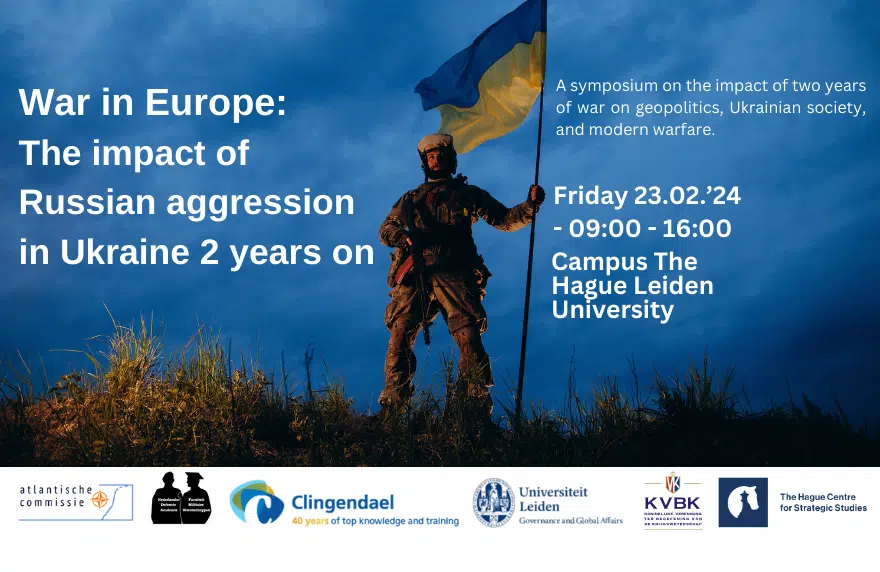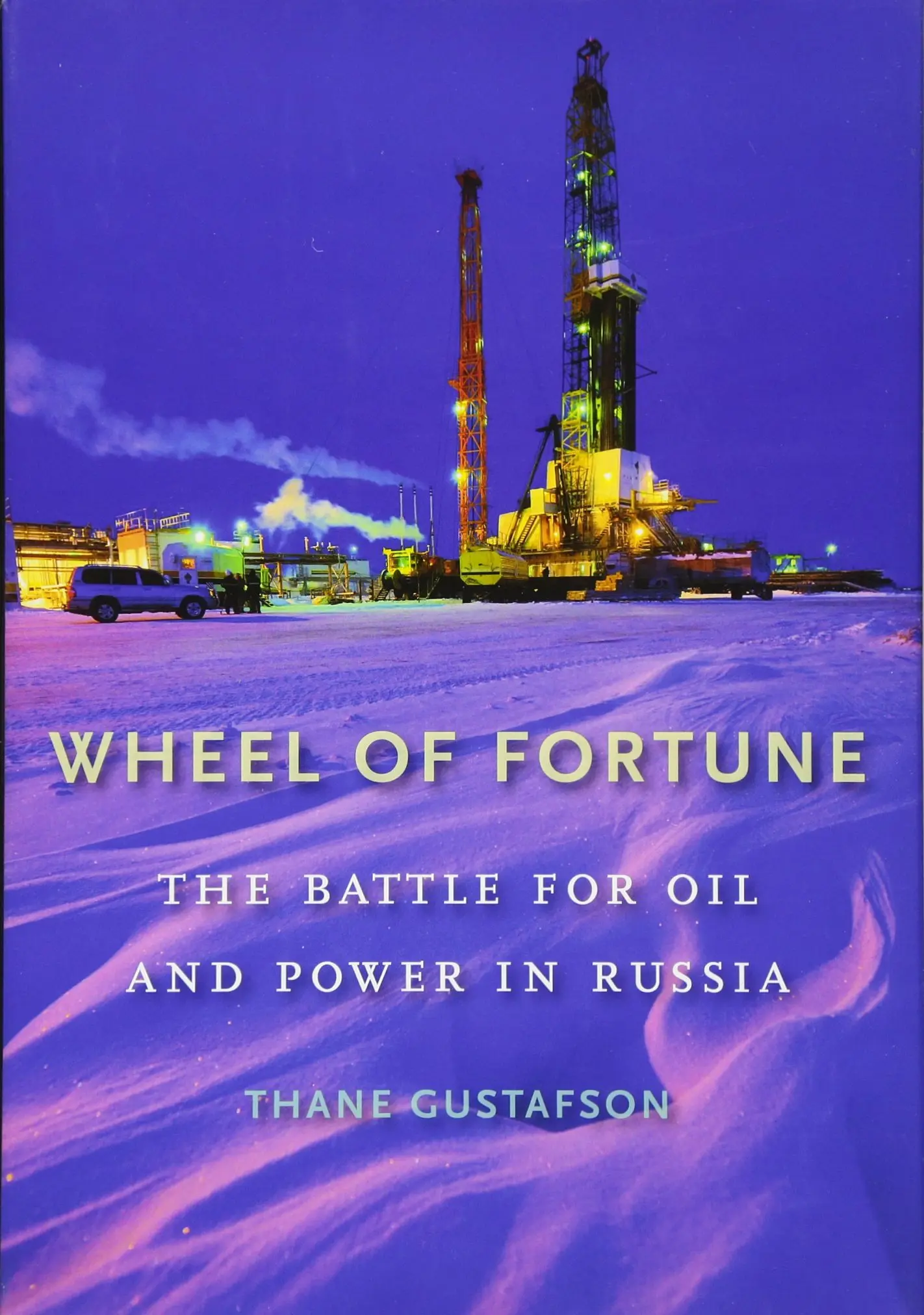This year we celebrate 10 years of the The Hague Centre of Strategic Studies. Besides the founding of HCSS, 2007 also marked the launch of the first generation of iPhone, as well as the seventh and final book in the Harry Potter series. It was also the year in which the housing bubble burst, leading to a severe financial and economic crisis that lasted for several years. In that same year, the IPCC published its fourth assessment report, having concluded that global climate change is “very likely” to have a predominantly human cause.
Also ten years ago, the International Court of Justice found Serbia guilty of failing to prevent genocide in the Srebrenica massacre and North Korea agreed to shut down its nuclear facilities as a first step towards complete denuclearization. 2007 was also the year in which Bulgaria and Romania joined the European Union. Meanwhile, NATO counted 26 member states, and Albania and Croatia would join two years later. In the same year, Latvian Prime Minister and Russian Prime Minister signed a border treaty between Latvia and Russia, officially demarcating the border between the two countries. Ten years ago, the ISAF Mission in Afghanistan continued and, despite the loss of fellow countrymen, that year the Dutch government officially decided to prolong the mandate of Taskforce Uruzgan.
Looking back at 10 years of geopolitics, the world and the international order has changed tremendously. The mission in Afghanistan has been greatly reduced (from a large scale presence in Uruzgan to more confined military advice and training operations), freeing up capabilities to focus elsewhere and on other missions such as the one in Mali. Climate change is repeatedly linked to conflict as an accelerator of conflicts, North Korea makes the front pages with its missile tests, the EU is facing its difficulties with a member leaving rather than joining, and relations between NATO member and Russia are strained. I joined HCSS after spending time working in the ‘Brussels Bubble’ – the epicenter of some of these challenges. I watched from close by how NATO’s relevance was questioned after the ISAF mission was coming to an end in 2013, and in early 2014 how the institutions in Brussels, NATO and the EU, grappled with responding to the crisis in the Ukraine and the threat on Europe’s eastern flank. I watched from close by how the EU dealt with internal crises, such as declining trust in the European project and an unprecedented global economic and financial crisis. I watched from close by how the EU dealt with migrants and refugees flowing towards the southern borders of the Union while relations with Turkey became more complex. The EU’s navigation through such a dangerous geopolitical minefield, while maintaining and using its position as a global power house is fascinating to see.
It isn’t only institutions in Brussels who struggle with a highly volatile and rapidly changing geopolitical environment, but also the members that make the institutions: the European nation states. The multitude of these challenges and opportunities that our society faces calls for a multidisciplinary approach in analyzing and actions needed to confront them. Exactly this is the 10 year legacy of HCSS, and I was happy to join the Centre last year which to me meant joining a platform for the exchange of ideas and development of new concepts and strategic insights. Working with a team that is highly motivated, driven, and from a diverse set of backgrounds does not only make me perform better as an analyst but also in the short while that I am with the Centre I am proud of the impact that is being made by such a small team: developing better insights based on a solid data-driven framework to understand, explore, manage the complex, connected world in a more sustainable and resilient manner all the while helping institutions and governments understand and navigate the highly volatile world I described above. Although HCSS celebrates its 10 year anniversary, the Centre is just at its beginnings and has a lot of potential to continue making meaningful impacts to society. The world around us has changed a whole lot, and so has HCSS (see here and here). What the challenges will be in 2027 is hard to predict but I am confident HCSS will still be around to make a lasting positive impact.
Karlijn Jans, Strategic Analyst
This post is part of a series on the HCSS 10 year anniversary. Throughout the year analysts, experts and former colleagues will publish a post reflecting on the past 10 years.
Read the post by Paul Sinning, Executive Director
Read the post by Rob de Wijk, founder and non-Executive Director
Read the post by Sijbren de Jong, Strategic Analyst
Read the post by Stephan De Spiegeleire, Principal Scientist
Read the post by Michel Rademaker, Deputy Director Market and Operations
Read the post by Willem Oosterveld, Strategic Analyst





